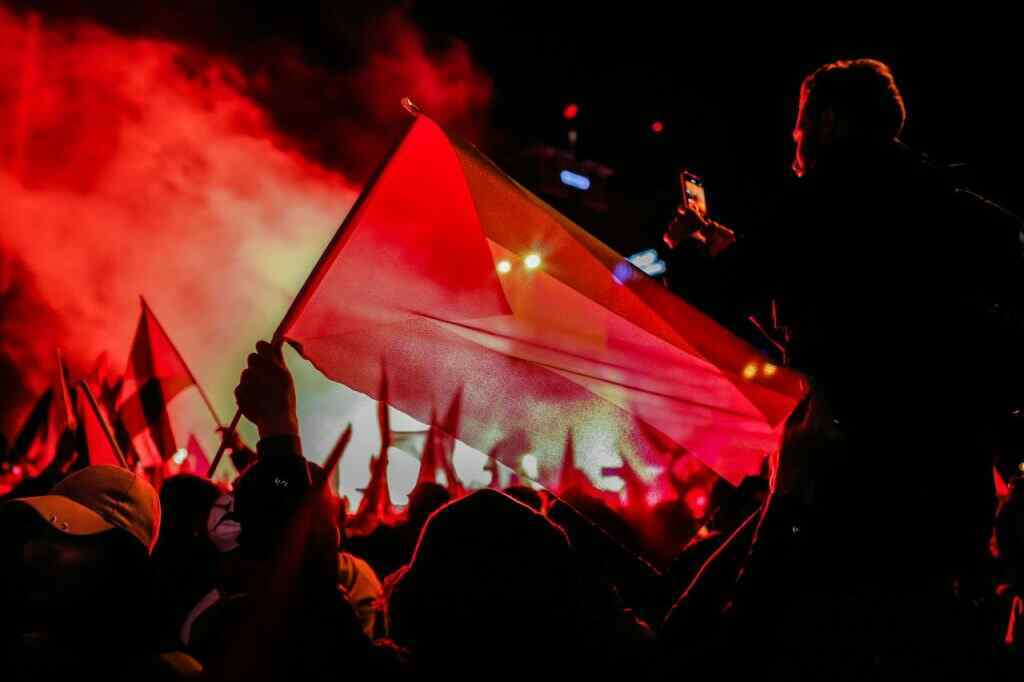Israel’s Unilateral Decision to Halt UNRWA Operations in Gaza: A Looming Humanitarian Crisis
Introduction: A Precarious Balance of Power
Amidst the intricate tapestry of conflicts that define the Middle East, Israel’s recent declaration to cease the operations of the United Nations Relief and Works Agency (UNRWA) within the Gaza Strip has sent shockwaves through the international community. This unilateral decision, announced in the year 2024, carries profound implications for the humanitarian situation in Gaza and the fragile peace process in the region. In this comprehensive analysis, we delve into the context, key points, and far-reaching consequences of Israel’s controversial move.
Historical Context: Gaza – A Crucible of Conflict
The Gaza Strip, a narrow coastal enclave nestled between Israel and Egypt, has long been a focal point of conflict between Israel and Palestinian militant groups, particularly Hamas. The region has witnessed several rounds of violence, with the most recent escalation occurring in 2024. Hamas militants launched a series of rocket attacks on southern Israel, prompting a swift and forceful Israeli response, including ground incursions and airstrikes. The conflict resulted in the tragic loss of over 1,200 lives, primarily civilians, leaving deep wounds and further straining the already tense relations between the two parties.
Israel’s Stance: Allegations of Bias and Security Concerns
Citing concerns over UNRWA’s alleged bias towards Palestinian militants and its inability to prevent the use of its facilities for military purposes, the Israeli government announced its decision to halt UNRWA operations in the Gaza Strip. The Israeli authorities accused UNRWA of providing support and resources to Hamas, undermining efforts to maintain security and stability in the region. They further alleged that UNRWA facilities had been used to store weapons and launch attacks against Israel.
Impact on Humanitarian Assistance: A Lifeline Severed
UNRWA plays a critical role in providing essential services to the Palestinian population in Gaza, a region plagued by poverty, unemployment, and a dire humanitarian crisis. The agency’s activities encompass food aid, healthcare, education, and shelter, reaching millions of vulnerable individuals. The abrupt cessation of UNRWA operations would leave hundreds of thousands of people without access to basic necessities, exacerbating the already precarious humanitarian situation in Gaza.
Potential Consequences: A Bleak Outlook
The closure of UNRWA in Gaza could have far-reaching and devastating consequences:
Escalation of Conflict:
The decision may further inflame tensions between Israel and Palestinian factions, potentially leading to an escalation of violence. The lack of humanitarian assistance and heightened sense of injustice could contribute to a more volatile and combustible situation.
Deteriorating Humanitarian Conditions:
The closure of UNRWA would exacerbate the humanitarian crisis in Gaza, leading to increased poverty, malnutrition, and health risks. The lack of access to basic services would further strain the already fragile healthcare system and education infrastructure, pushing the region towards a humanitarian catastrophe.
Regional Instability:
The decision could have implications beyond Gaza, potentially fueling regional instability. The worsening humanitarian situation and perceived injustice could galvanize support for Palestinian militant groups, leading to increased radicalization and a heightened risk of regional conflicts.
International Reactions: Condemnation and Concern
The international community has expressed grave concern over Israel’s decision to cease UNRWA operations. The United Nations, the European Union, and several human rights organizations have condemned the move, urging Israel to reconsider its decision. They emphasized the critical role UNRWA plays in providing humanitarian assistance and the potential consequences of its closure.
Conclusion: A Call for Dialogue and Diplomacy
Israel’s decision to cease UNRWA operations in Gaza has significant implications for the humanitarian situation in the region and the broader peace process. The closure of the agency would exacerbate the already dire humanitarian conditions in Gaza, potentially leading to further escalation of violence and regional instability. The international community has expressed concern over the decision, urging Israel to reconsider its stance. The future of UNRWA operations in Gaza remains uncertain, and the situation demands urgent attention and diplomatic efforts to address the underlying issues and prevent further deterioration of the humanitarian situation. It is imperative for all parties involved to engage in constructive dialogue and work towards a peaceful resolution that addresses the legitimate concerns of both Israelis and Palestinians. Only through sustained diplomatic efforts and a commitment to finding common ground can the region move towards a future of peace and stability.
